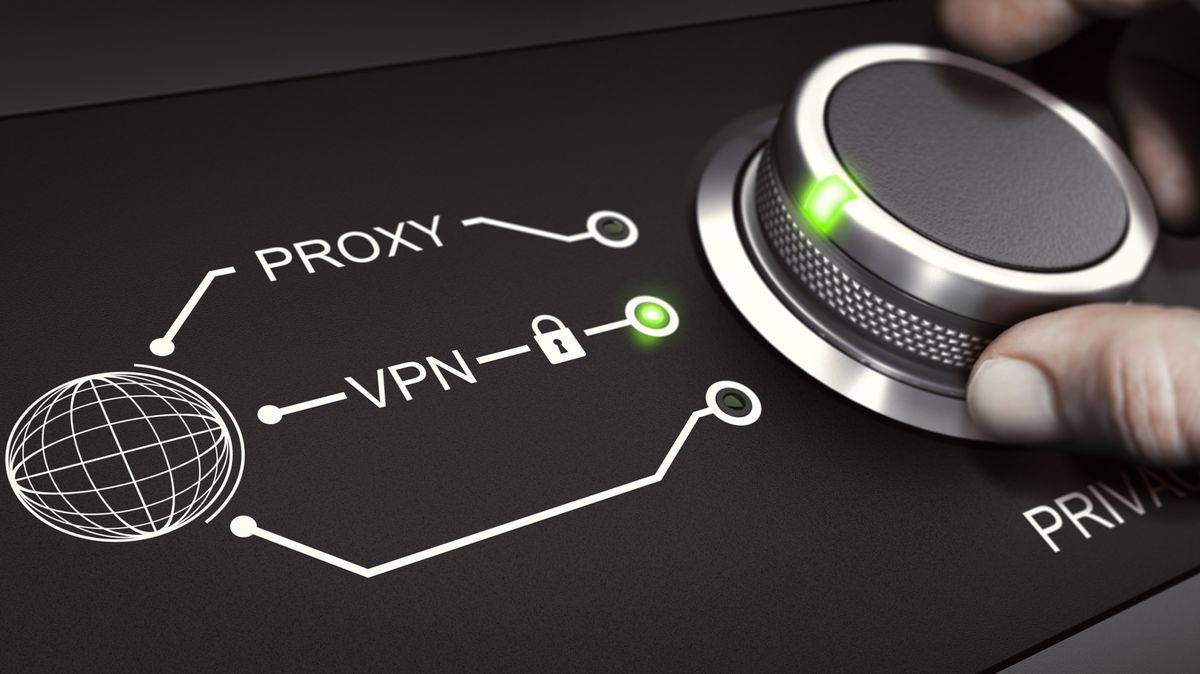
So you're looking to include an additional layer of security online, and have listened the words VPN and intermediary being tossed around? Both permit you to browse the net namelessly and get to substance that isn’t accessible in your locale. In any case, they’re totally distinctive in how they work. We're investigating these contrasts in this article. Quality and esteem: see today's best cheap VPNs Big streamer? At that point see the finest Netflix VPNs See in the event that NordVPN - the greatest title in VPN - is worth the buildup
What is a proxy?
Intermediary servers perform the part of an mediator once you utilize the web, communicating between your gadget and servers of the websites you get to. Your web activity is forwarded to the intermediary, which can recover the asked data and send it back to you.
A intermediary serves two main functions. To begin with, you'll be able get around geo-restrictions. If you live within the US or UK, for illustration, and travel to another nation, it's improbable that you will be able to utilize your computerized memberships - think Hulu or BBC iPlayer (or indeed your region's Netflix catalogue). But if you connect up to a intermediary server based back in your nation, you’ll be able to get to your membership as it’ll show up like you’re still within the UK. Second,
intermediaries empower mysterious web browsing since they cover up your IP address and since your web activity is put away on the intermediary instead of your computer. You can see the leading intermediaries and free intermediaries here.
And VPNs?
VPNs are very similar. Like proxies, they mask your IP address and send all your internet traffic to a remote server so that you can access geo-restricted content but also browse the web anonymously.
We go in depth on the ins and outs in our dedicated article answering the question what is a VPN.




0 Comments